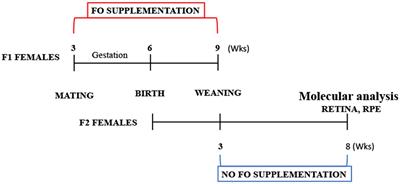EDITORIAL
Published on 31 Dec 2024
Editorial: Optimal omegas
doi 10.3389/fnut.2024.1529722
- 367 views
5,503
Total downloads
24k
Total views and downloads
EDITORIAL
Published on 31 Dec 2024
SYSTEMATIC REVIEW
Published on 30 Sep 2024
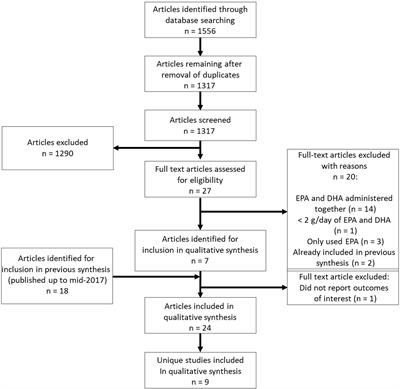
ORIGINAL RESEARCH
Published on 03 Jul 2024
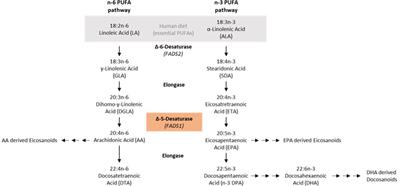
ORIGINAL RESEARCH
Published on 07 Jun 2024
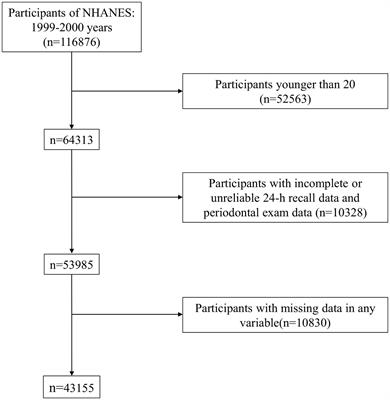
ORIGINAL RESEARCH
Published on 09 May 2024
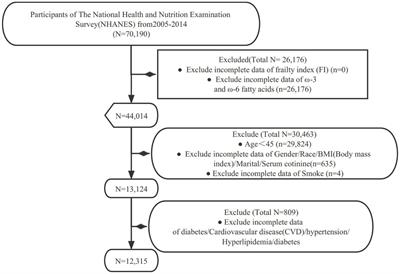
ORIGINAL RESEARCH
Published on 12 Feb 2024

CLINICAL TRIAL
Published on 06 Feb 2024

REVIEW
Published on 02 Feb 2024
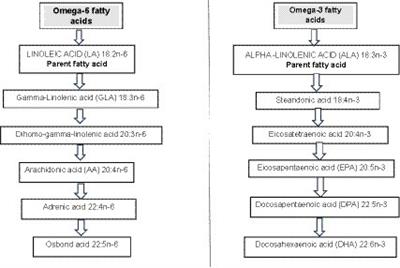
CLINICAL TRIAL
Published on 25 Jan 2024
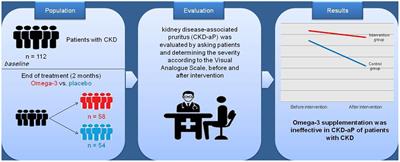
ORIGINAL RESEARCH
Published on 24 Jan 2024
